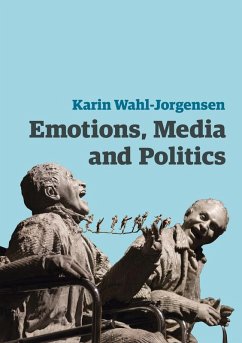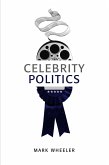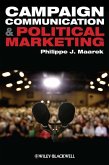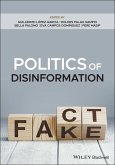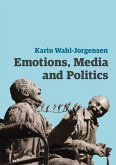Dieser Download kann aus rechtlichen Gründen nur mit Rechnungsadresse in A, B, BG, CY, CZ, D, DK, EW, E, FIN, F, GR, HR, H, IRL, I, LT, L, LR, M, NL, PL, P, R, S, SLO, SK ausgeliefert werden.
Jonathan Gray, University of Wisconsin-Madison
"Emotions, Media and Politics moves a complex debate to an impressive new level by articulating brilliantly how mediated political life cannot be understood without taking personal feelings such as love and anger seriously as compasses of rational decision-making. A must-read for scholars of media and communication who want to make sense of Brexit and Putting America First."
Irene Costera Meijer, Vrije Universiteit Amsterdam

